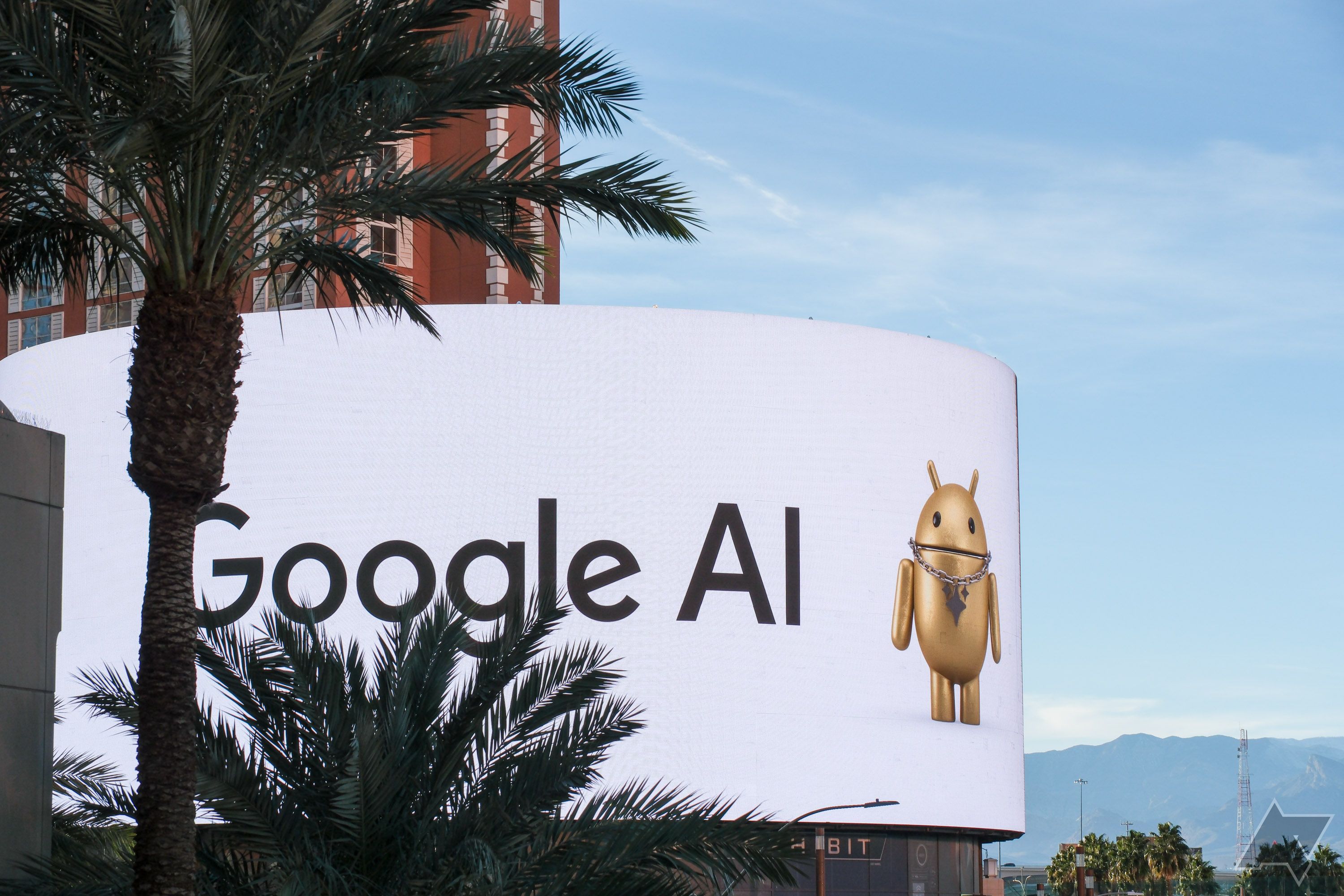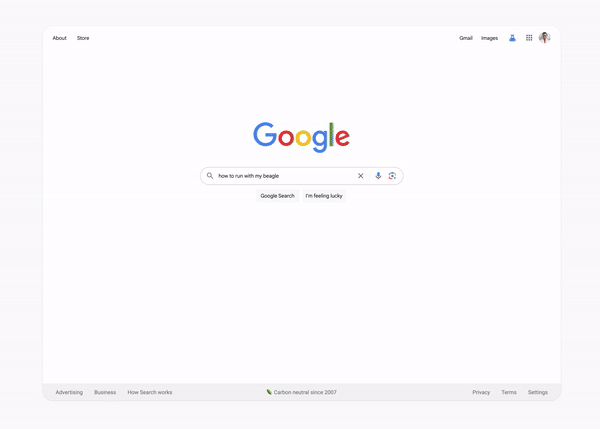Google’s AI Search experience is an utter mess I can’t stand

Google Search is a living and breathing organism in the company’s sprawling stable that keeps on evolving every single day — for better or worse. On even days, Google tweaks how search results appear for you, while on odd days, it changes its ranking algorithms from the backend. But all that is mere routine. A big change came to Google Search last year in the form of Search Generative Experience (SGE), which started providing a quick summary of your results. While it sounds helpful on paper as it can save you a lot of time and effort, SGE is by far the most frustrating thing that has ever happened to Search, and I’ll tell you why.
Worsening the Search experience with AI
A classic example of how force-fitting something backfires
For years, Google has been at the forefront of AI innovation, but it sure felt the heat as ChatGPT became an overnight sensation, which continues to maintain its lead. As a result, Google fast-tracked its generative AI efforts and brought these smart features to all its products, ranging from Search to some of the top Android phones, in no time.
Search Generative Experience came out as an experimental Search Labs feature to help you glance at an AI-generated search result summary at the top of the page while letting you ask follow-up questions like a chatbot — only if it worked as well in reality as it sounds in theory. The implementation is so bad that I want Google to drop the idea of bringing SGE to everyone until it has done some housekeeping.

Google’s AI-powered Search experience might be the default way to search soon
Google is apparently throwing AI answers into search results, whether you signed up for it or not
The problem starts from the very concept of generative AI in its current state. Any generative AI tool takes a good few seconds to create summaries, and SGE is no different. But in this TikTok attention span era, exactly zero users will wait for Search to summarize their results. That turned out to be the case from a quick anecdotal survey among my friends, as not a single one of them was a fan of the extra seconds added to the process. It’s faster for them to quickly scroll down to the actual results and get the information they came for without any AI help.
Source: Google
Even Google is insecure about SGE’s implementation as it often sends out Opinion Rewards surveys asking users if they prefer search results with or without the SGE block in a side-by-side comparison.
Scores of problems with SGE
Even if you decide to wait for it to load the gist, the result is full of numerous problems that Search has done without for long. This forced new search experience only makes an already simple, easy-to-use product more complex — and that’s a core Google product we’re talking about, mind you.
To give SGE precedence, Google pushes everything else below. So, the knowledge graph infobox, which is supposed to give you relevant details at a single glance, now takes a few scrolls to appear. This is actually counterintuitive and an utter inconvenience as it deprecates an existing — and functional — feature for something that hasn’t proven its mettle. And SGE’s giant block of text is neither appealing nor something you’d want over a nicely laid-out knowledge graph block.
Google Search now looks even more cramped on a mobile screen thanks to SGE. It takes away your focus from all the resourceful websites and blogs, keeping you from visiting them, as well as eating into the publisher’s traffic. Google is basically gatekeeping such high-quality content to favor its own generative AI tool, which isn’t that accurate at picking up on your complex query and giving answers with the right angle.
Besides that, there is also duplication of the same information across the page in various sections, which assumes a lot of space and is not a very efficient way of serving information — you know, the primary purpose of a search engine.
Google Search is trying to be what it isn’t
The search engine isn’t search engining properly
Source: frimufilms/Freepik
For something like Perplexity or ChatGPT, which are AI-first tools from the ground up, you’d expect AI-generated answers to your queries. You use these tools to get summaries and do internet research on your behalf, but that’s not what you Google stuff for. You actually want to look up the websites and blogs you want to spend time combing through. While Google currently has the need to position its AI prowess more prominently amid mounting competition, it isn’t right to put it in your face while making everything else secondary.
It was still okay when SGE was only a beta feature that a few early testers could enable through Search Labs. But there is news that Google will make SGE the default search experience for everyone, which I think is a little too much and too early. As we’ve seen, the product has far too many flaws in its current state to have such wide availability spanning billions of users who currently use Google Search as a reliable tool for their everyday needs.
There’s an easy fix
Give ’em the option
Instead of forcing users to deal with the SGE box before scrolling down to the actual search results, Google could simply let the users opt out of it, even if it’s enabled by default for everyone. It doesn’t make sense for Google not to push its marquee AI tool in its most widely used product, so a toggle should be a perfect middle ground.
In the meantime, Google could use all the resources it has diverted to generative AI development internally to make SGE more reliable, contextually aware, and multimodal so that it doesn’t appear as a daunting text block that everyone wants to get past. This AI-driven Search Generative Experience has a long way to go before it can become worthy of being the default search experience. We know that, even Google knows that, but it doesn’t matter because SGE is coming for you if you’ve asked for it or not.






